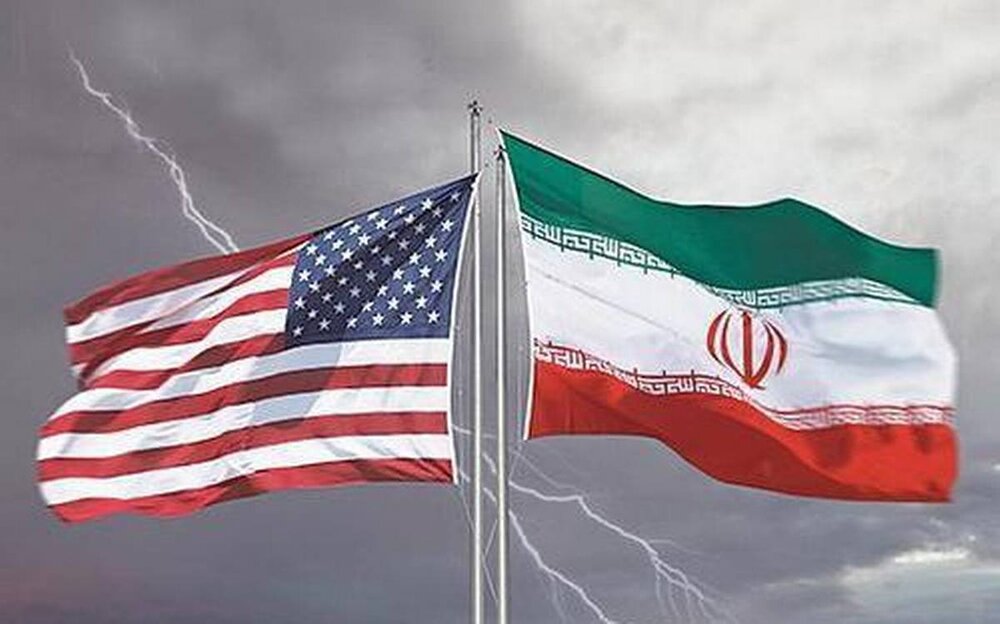Why is Tehran not going to a settlement with Trump?

It seems that the time is not proper for settlement talks between Tehran and Washington as the nuclear deal is heading for a total failure.
The current U.S. administration has shown that there is no point in talking to Washington as the results of any negotiations or agreements cannot be relied upon.
Trump has a freaky desire and insistence on taking photos to just increase his chances of reelection without any coherent plan to conclude a real agreement.
Almost the whole world has become quite convinced that any deal signed with the U.S. would be broken at Washington’s will, so no one should bet on this administration.
"The rest of the world can no longer take it for granted that the U.S. still aspires to be a global leader and needs to readjust its priorities accordingly," German Chancellor Angela Merkel warned three days ago.
On the other hand, Iran's foreign policy is announced by Supreme Leader Ayatollah Khamenei, who emphasized "no war, no negotiations with Trump".
It means that there will be neither escalation nor concessions while Tehran showed its readiness to respond to any American misadventure at the same level, as it fired more than a dozen ballistic missiles at the Assad airbase in Iraq, where American troops are stationed. The base was targeted in retaliation for a drone strike by the United States that martyred Maj. Gen. Qassem Soleimani in early January.
There is also increasing pressure on the American side by resistance groups to expel its forces from the Iraqi territory.
Indeed, both of the two sides decided to reduce tensions in West Asia after a series of successive events, including Iran's downing of an invading U.S. spy drone.
Each side has its own reasons for avoiding escalations. For example, when Saudi Arabia encouraged Trump to attack Iran under the allegation that Iran was behind attacks on Aramco, he was reluctant to confront Iran directly, knowing that more escalation with Iran was not in America's interest. Iran was ready to expand the scope of war in any confrontation by targeting U.S. forces and bases in the region.
In fact, it could affect Trump's reelection chances while he had promised before to stop U.S. endless wars abroad.
Although Washington and Tehran never left indirect negotiation in some specific cases, nobody bets on improving bilateral relations or resolving deep-rooted conflict with the White House.
For instance, indirect talks for exchange of prisoners continued, but it is unlikely that these negotiations result in a comprehensive agreement between the two sides.
Prisoner swap negotiations can be interpreted as a step to control the level of tensions in such a dangerous condition. The arrival of Iranian oil tankers to Venezuela, despite U.S. threats to seize them confirms claims that suggest there is a kind of implicit agreement to "de-escalate".
Given its regional role and international circumstances, Iran does not intend to intensify tension with the United States and does not provoke American public opinion before the U.S. elections.
Apparently, the best choice for Iran is to wait for the November presidential elections, especially in light of the recent developments that are likely to force Trump out of the White House.

Leave a Comment